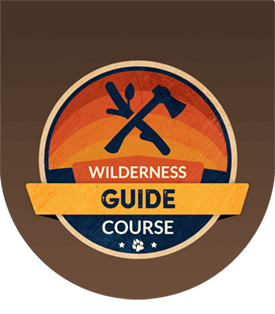
Ideal for: Fit and Adventurous Individuals | Ages: 18 and Up | Dates: Fall: Aug-Nov / Spring: Jan-May
Not just a fun semester. An experience that could change your life.
This course is designed for persons who want to become outdoor adventure professionals for Christian wilderness camping ministries or other outdoor industries. It is a challenging commitment that will require some hard work. One that will yank you right out of your comfort zone, test the limits of your endurance, and in the end, deliver an exhilarating sense of accomplishment that comes with knowing you made it and from receiving an official professional certification that proves it.
Stand on the shoulders of giants.
Learning from the pros is one of the best ways to climb the mountain of success. And this course will give you a leg up, literally. We pack more wilderness experiences into a semester than you could ever have on your own. More access to the wild places of this country. More opportunities to lead others, to grow both personally and professionally, and to elevate your technical skill sets. More opportunities to learn from those who have mastered the skills and accomplished the goals that you have set for yourself – including professional certification. And we offer it all at a lower cost and in a lot less time than it would take if you did it on your own.
Course Objectives
- Prepare qualified men and women for a career in outdoor Christian ministry
- Offer them relevant hands-on experience in a wide variety of outdoor disciplines
- Provide instruction and training by qualified professional guides and organizations
- Help students obtain certifications that are meaningful in the industry
- Develop students’ instructional skills and experience levels
Mission. Values. Goals.
Course Components
Throughout our semesters participants will learn outdoor technical skills, risk evaluation and management, and the appropriate application of both. This is an ongoing process that is reflected in all the various learning components offered throughout our semesters.
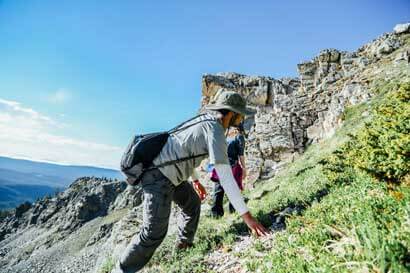
Overview
Throughout our semesters participants will learn risk evaluation and management, technical skills, and the appropriate application of those skills. This is an ongoing process that is reflected in all the various learning components undertaken throughout our semesters.
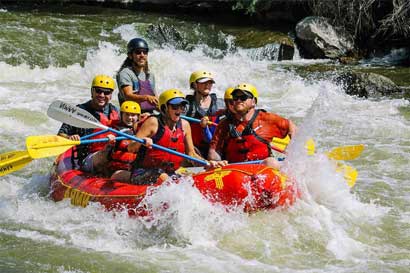
Whitewater Guide Course
This section includes 8 full days of Whitewater guide training time on the river guiding technical class II-III rapids, swift water rescue training, an overnight commercial river trip, experience packing and rowing gear boats, and independently guiding multiple raft trips.
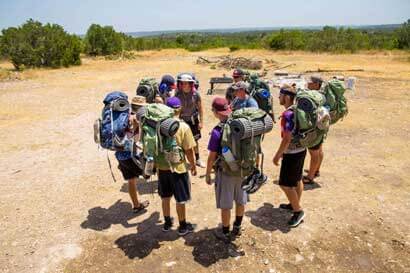
Backpacking Guide Course
7 – 10 days of expedition style backpacking where students learn about route selection, campsite selection, backpacking techniques and considerations, food planning, time management on trail, and gain experience guiding their peers under instructor supervision.
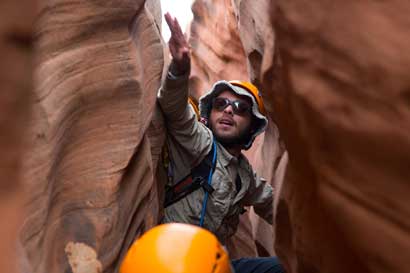
Canyoneering Guide Course
Multiple days spent descending technical slot canyons where participants will learn slot canyon specific technical skills including anchoring, movement techniques, rigging systems, risk management and navigation. We will also discuss canyoneering hazards and safety.
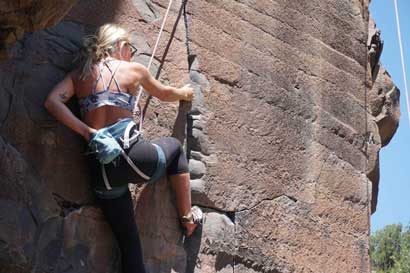
Rock Climbing Guide Course
Learn traditional climbing from the ground up during our intensive climbing ground school. After students demonstrate proficiency in their technical skills they are sequenced through mock leading in a top rope setting. After completing a number of practice leads students move on to lead traditional climbs of appropriate difficulty grades.

Map, Compass & Navigation Course
Participants learn about topographical maps, how they are constructed, and how to use them. We will also discuss the UTM coordinate system, the use of GPS devices and special considerations when using a map and GPS device together. The use of compasses, both with maps and on their own will also be covered in this section.
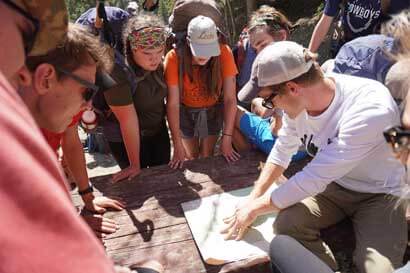
Expedition Planning Course
In this phase students will work together to create trip objectives, map route options, communicate with appropriate land managers to determine what conditions to expect in the field, research any location specific regulations, and be shown available resources to be used in mapping routes, navigating, and weather forecasting.
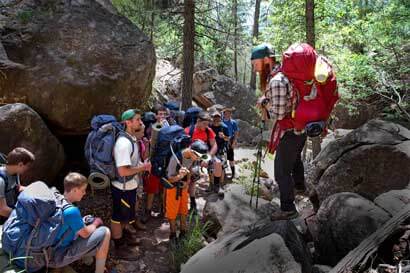
Instructional Technique Course
Participants are given multiple opportunities to teach their peers, as well as outside individuals, during the course, then receive peer and instructor feedback on their teaching performance. Additionally, students will learn to create lesson plans and how to deliver teaching topics and grow in their abilities as instructors and educators in the industry.
Assessment, Certifications and Teaching Opportunities
To ensure that students receive the most out of our courses, and that they are consistently progressing towards accomplishing the objectives of the program, we maintain a culture of continual assessment and evaluation of students and their skills through: 1. Post trip evaluations 2. One on one meetings with instructors 3. Periodic skill checks to ensure retention 4. Real life hands on teaching opportunities 5. One on one and post trip evaluations 6. Prompt feedback about their skills, abilities and performance. 7. Certification training courses and exams:
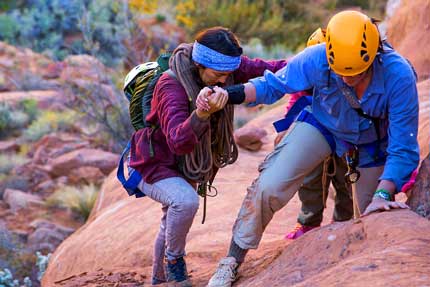
Course/Exam:
72 to 80 hours
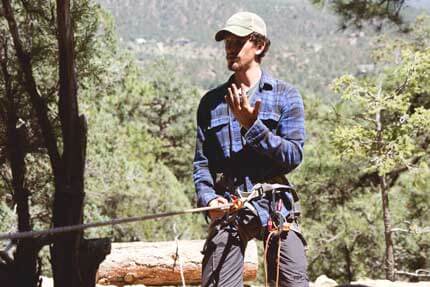
Course: 27 hours
Exam: 16 hours
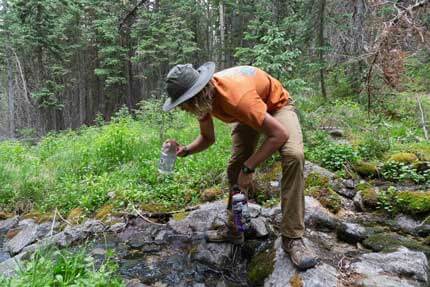
Course: 16 hours of
field instruction
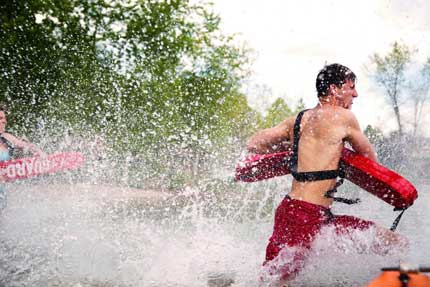
Course: 30 hours of
waterfront training
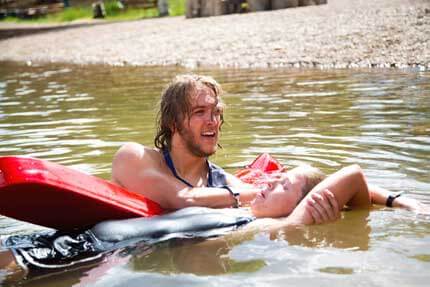
Course: 18-20 hours of
instructor training
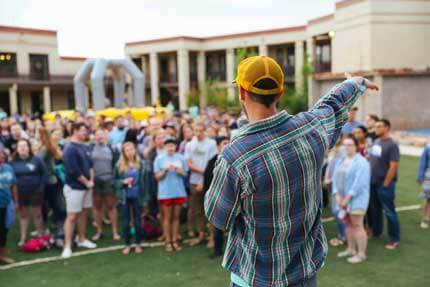
Peer Teaching: 7 – 12 hours
Client Teaching: 14 – 20 hours
Choosing Fall or Spring Semester
The Fall and Spring semester are composed of the same major training courses, trip types, and certifications. They also both place strong emphasis on the development of the wilderness guide mindset, developing instructional skill sets, and building each student’s wilderness experience base. However, they differ in ways such as trip locations and environmental and weather conditions during specific training courses. The choice of semester is usually a question of what works best for your goals and schedule.
FALL SEMESTER
Highlights
- Great opportunity for college students graduating in May to get experience, training, and certifications before seeking a career in the outdoor industry.
- Backpacking will be done at higher elevation in the mountains of Northern New Mexico.
- Perfect for graduating high school students to get experience and training, prior to starting college, which can open up great summer job possibilities.
- Warmer weather in Northern New Mexico where the program is based.
- College credit is available making it a viable option for current college students.
Challenges
- Lower flow levels on the Rio Grande lead to a more technical style of whitewater rafting and smaller water.
- Course ends farther from the beginning of the summer guiding season.
SPRING SEMESTER
Highlights
- Great opportunity for college students graduating in December to get experience, training, and certifications before seeking a career in the outdoor industry.
- Course ends closer to the beginning of the summer guiding season when employers are looking for guides.
- Higher flow levels on the Rio Grande lead to a more forgiving environment when learning whitewater rafting.
- College credit is available making it a viable option for current college students.
Challenges
- Colder and wetter weather in Northern New Mexico where the program is based.

Climate & Conditions
Camp Eagle Wilderness activities take place in the Sangre de Cristo range of the Southern Rocky Mountains of northern New Mexico. Here are things you need to prepare for.
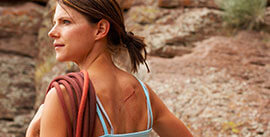
Physical Demands
Wilderness adventures may require physical stamina and conditioning beyond what you are used to. Here are some tips on what to expect and how to condition your mind and body so you have an awesome experience.
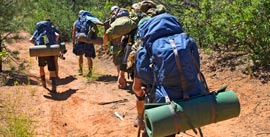
What to Bring
This is not your average camping trip and so the packing list is a bit different than our regular overnight camp. Pack thorough, but light, as you’ll be carrying these essential things with you as you hike.

What not to Bring
Not to be a downer, but this is wilderness camp, baby! Off the grid. Enjoy it. Here’s your list of items to leave at home. Yep, cell phones are on it. You’ll have no use for them anyway.

Getting To Camp
Camp Eagle is located at 6424 Hackberry Rd, Rocksprings, TX 78880. For directions click the "MAP" button below.
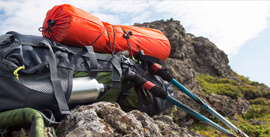

Arrival & Departure
Upon acceptance into the Wilderness Guide Course, students will be given detailed arrival and departure instructions. For more information, please contact us.

Health and Safety
The spiritual, physical, and emotional well being of every camper is our top priority. We’re here to fulfill all their safety and nutritional needs.

Financial Aid
We have a limited number of scholarships due to the generosity of donors who make it possible. If your camper is in need, please apply early.

Code of Conduct
We’re here to have fun, build each other up and encourage others in love! But there are a few behaviors that just won’t fly at Camp Eagle.

Email, Mail & Packages
Campers LOVE to get mail! You can leave it with us when you drop off your camper. Or mail it, but just remember to send it a week ahead.

In Case of Emergency
We want kids to establish their independence. But if there’s a home emergency, contact the camp Director and we’ll arrange a call.
Staff
Enthusiastic. Energetic. Inspiring. And SUPER Fun.
Our staff is made up of a bunch of really fun, friendly people who are also super serious about providing you with the best camp experience ever. Each day they demonstrate their passion for serving Jesus Christ through leading by example and with a cheerful demeanor.
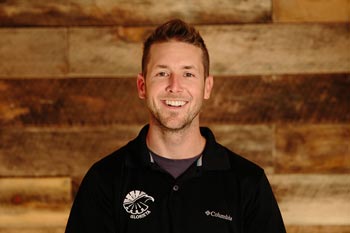
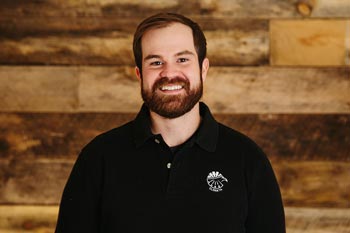
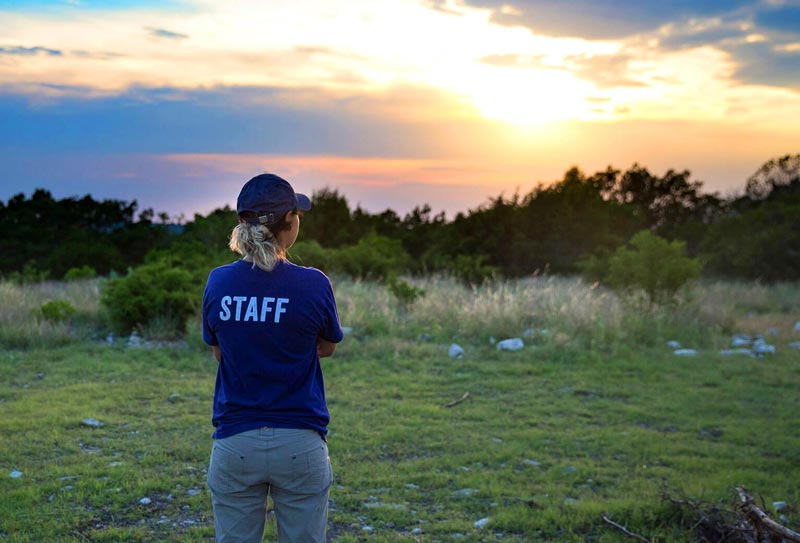
Our staff members are recruited based on their:

Personality & Ability

Passion for Teaching
Servant's Heart

Relationship With Christ

Qualifications & Skills

Education & Training
Dates & Rates
For any questions regarding Wilderness Guide or registration please contact:
Hunter Parrot: Email | 505-639-9717
Payment Policy
- Payments plans are available. Contact our program director for details.
- We work hard to have a few scholarship dollars available each semester. Donate to our Scholarship Fund.
- We can help you find ways to raise funds and apply for grants. Financial Aid
- If you have questions please contact Scott Chapman.
Tuition Includes:
- Housing
- Food
- Training Cost
- Certification courses and exams
- Major group gear
- All travel expenses during the course
Tuition Does Not Include:
- Travel to and from the program
- Required personal outdoor gear: (Estimated from $50 – $600)
- Pocket money for activities on off days
- Spending money for personal items
- Personal recreation
- Personal health insurance
- Personal toiletries, bedding, laundry, etc.
Wilderness Partner Camps
Exciting Adventure Sessions at Camp Eagle - Operated by Other Outstanding Christian Organizations
Base Camp Features
Some of the things that make Camp Eagle such a very special place.
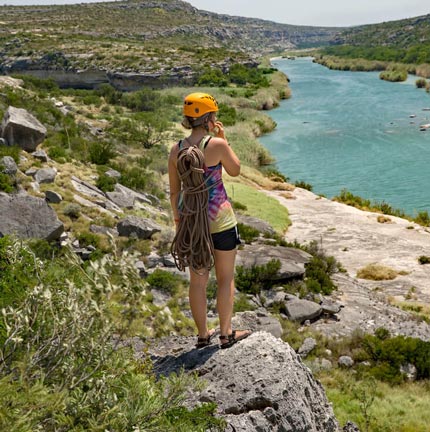
Gods Creation
Our wilderness is alive with dramatic and inspiring scenery—rushing rivers and quiet streams, isolated forests and majestic mountains that rise to challenge you. Camp Eagle is a place where heaven meets earth.

Camp Facilities
There are fun things to do everywhere you turn! Camp Eagle is built for fun and adventure and you'll find all sorts of outdoor activities designed to make your time at Camp Eagle breathtakingly exciting.
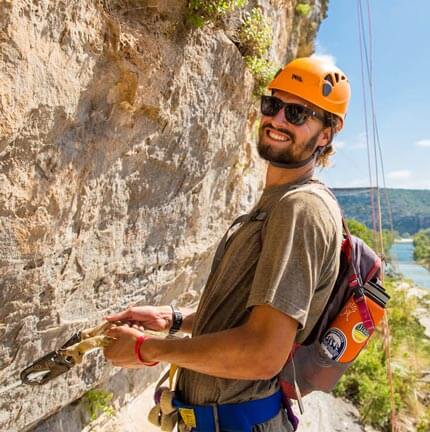
Health & Safety
The physical and emotional wellbeing of our campers are top priorities. Meals provide proper fuel for active bodies and every facility and activity is designed, built, staffed and maintained to eliminate chances for injury.








